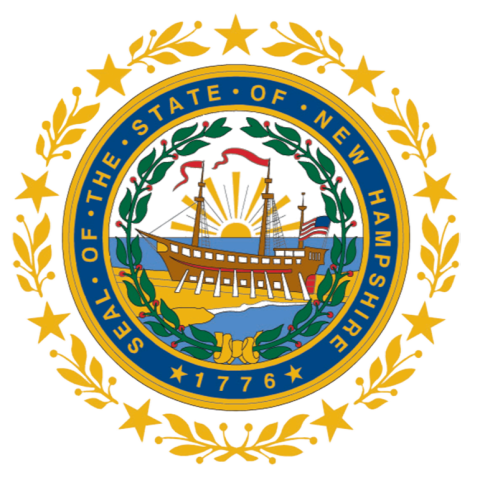Tier 1 in the NH Children’s System of Care includes services to promote healthy child development and where a mental health or substance use concern may be identified. Tier 1 providers may conduct behavioral health screenings and assessments, provide information about healthy social and emotional development, give out general information about behavioral healthcare, and refer you and your child to specialists and other providers.
Where Do I Start?
Talk with your pediatrician or primary care provider if you are concerned about your child's development, mental health, or substance use or if you are a youth concerned about your own behavioral health. Many pediatric or primary care practices have behavioral practitioners who work within their group, or they can refer you to behavioral health providers. Getting an appointment with a mental health specialist is typically easier if another health care professional makes the referral. If you do not have a primary healthcare provider, you can:
- Call your local community mental health center. They can provide you with a mental health evaluation and explain how to get into treatment.
- Connect with your local family resource center.
- Ask your child’s school nurse or counselor. Many schools provide basic counseling and screening for students, especially if the mental health or substance use concern interferes with the student’s academic or social life.
- Connect with your local Federally Qualified Health Center.
- Find a private provider.
- NAMI NH employs individuals with experience supporting a family member with mental health concerns. They will talk to you about your situation and explain how to find help. NAMI NH Information & Resources Line: 1-800-242-6264 or 603-225-5359.
- If your child attends a pre-school or kindergarten, ask if they conduct screenings or have a program that promotes healthy social-emotional development.
A behavioral health screening or assessment by a mental health professional can help you understand what is going on with your child and provide reassurance or recommendations for the next steps. Excellent treatments exist for children or youth with mental health or substance use disorders. An evaluation offers an opportunity to learn about their strengths and needs and to determine which services and supports might be most helpful.
How do I know if my child or youth has a behavioral health problem?
Consider seeking help if the problematic behavior persists for a few weeks or longer, causes distress for your child or family, or interferes with your child’s functioning at school, home, or friends. If your child is in their early years (typically age 0-5), seek an assessment if they do not seem to show emotion, are overly irritable and cannot be soothed over a period of several days, or if they do not seem to be reaching the developmental milestones that your pediatrician or childcare provider has outlined.
If your child’s behavior is unsafe, or if your child talks about wanting to hurt themselves or someone else, seek help immediately; find more information here: Acute Crisis Care.
Common signs of a mental health or substance use concern in children and youth:
- Eating or sleeping too much or too little.
- Pulling away from people and things.
- Having low or no energy.
- Having unexplained aches and pains, such as frequent stomachaches or headaches.
- Feeling helpless or hopeless; talk of hurting oneself or others.
- Yelling at others for no reason, throwing objects, getting into fights, running away.
- Extreme changes in eating habits – refusing to eat, loss of appetite.
- Extreme and concerning changes in behavior, such as refusing to go to school, refusing to come home at a reasonable time, or hanging out with people who seem to be doing drugs or drinking, lying, or hiding things.
Additional Resources
- The National Substance Abuse and Mental Health Association (SAMHSA) provides a mental health treatment hotline and locator here: SAMHSA
- Confidential and anonymous resources for people seeking treatment for substance use disorders in the USA and its territories: U.S. Department of Health & Human Services.
- Mental Health America provides information for Families and Youth: Mental Health America.
- The National Alliance on Mental Illness (NAMI) provides guidance to identify mental health concerns and find mental health care for your child: NAMI Kids, Teens, and Young Adults
- NH Family Voices provides information about developmental screenings for children ages 0-5.

